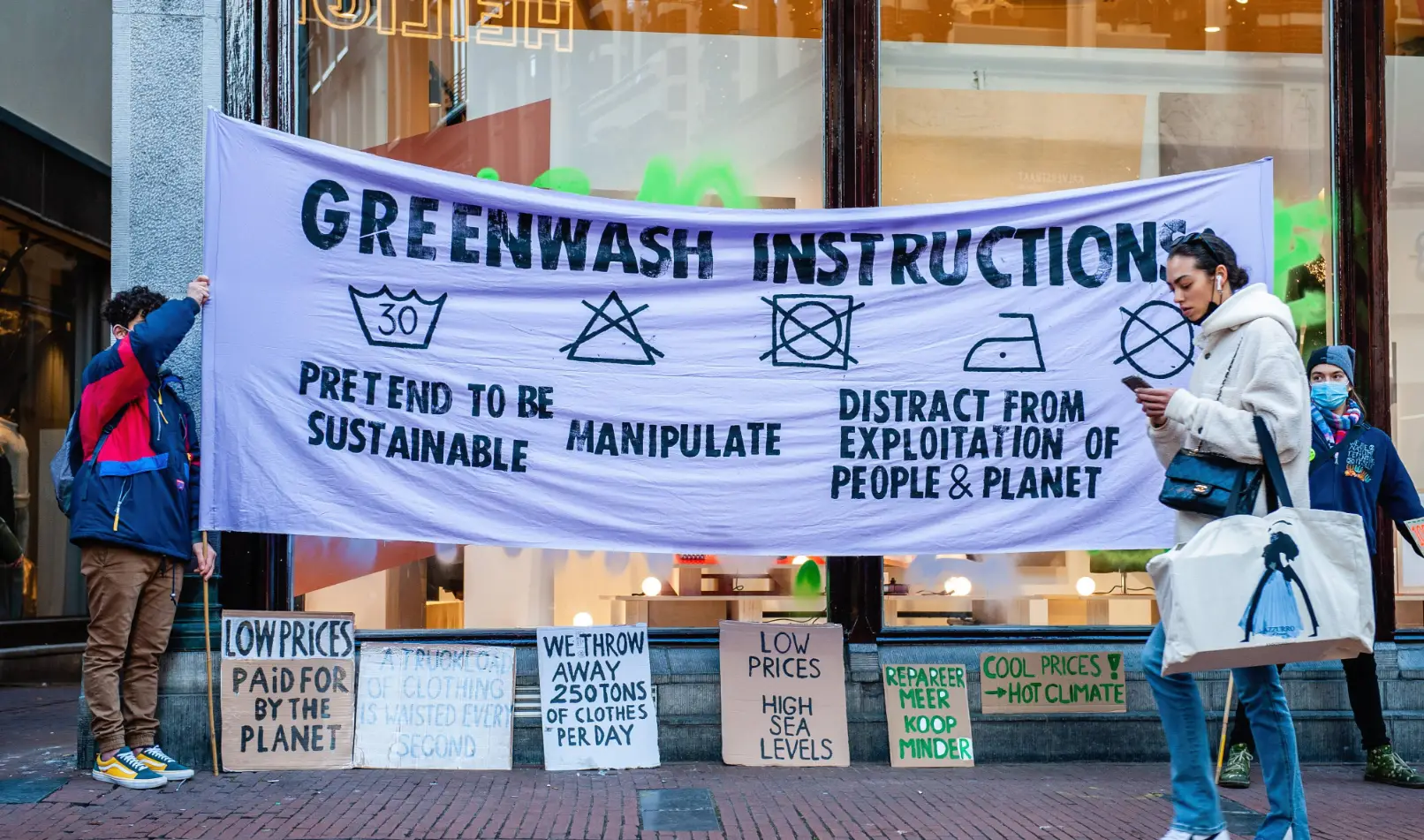Conflict of interest is the new pandemic eroding trust in our institutions. Although often ignored or minimized, its impact is profound. In health, politics, and the environment, it corrupts key decisions, distorts priorities, and frequently harms those with the least power. Acknowledging it isn’t just an ethical act; it’s a social justice imperative.
What does conflict of interest mean and why should we care?
Conflict of interest occurs when a person or institution has private —financial, personal, or professional— interests that affect their ability to make impartial decisions. Often, these interests hide behind seemingly objective decisions, but the damage is real. Biases introduced by hidden interests can impact the health of entire communities, diverting resources and attention from real priorities.
It’s crucial that we care. When conflicts of interest drive public decisions, the most vulnerable suffer the most. Policies aren’t designed for the common good but to serve those already in power. Communities are trapped in a cycle of inequality, without access to reliable information or policies that genuinely protect their well-being.
The consequences of conflict of interest: a ticking time bomb
The impact of conflict of interest in public health is devastating. If a researcher is funded by a pharmaceutical company, their work may be skewed towards outcomes that benefit the industry, not patients. If a regulatory agency is influenced by processed food companies, its decisions may favor the industry, overlooking the health risks those products pose.
Trust in institutions erodes. Decisions that should be evidence-based are tainted by private interests, leaving communities even more vulnerable, exposed to policies and products prioritizing profit over human life. The cost isn’t just a health issue; it’s a matter of equity and justice.
Dangerous variants: ‘social washing’ and ‘greenwashing’
Conflict of interest takes many forms, with two of the most dangerous being social washing and greenwashing. These PR strategies aim to hide harmful practices under a veil of social or environmental responsibility. Social washing occurs when companies or institutions pretend to care about social issues but do nothing substantial for society. It’s like a junk food company funding health programs while flooding the market with harmful products.
Greenwashing, on the other hand, is the tactic of making a company appear environmentally conscious while its practices continue to harm the planet. A clear example is oil companies investing in “sustainability” campaigns while maintaining practices that contribute to climate change. These forms of conflict of interest are particularly damaging because they create the illusion of progress while perpetuating the issues they claim to address.
The case of tobacco companies and processed food industries
The tobacco industry is the most infamous example of conflict of interest in action. For decades, they funded research to downplay the health effects of smoking. What should have been a public health issue became a battle of misinformation. The strategy was simple: sow doubt to delay regulations, while millions suffered from respiratory diseases, cancer, and premature death.
Processed food companies are following the same path. They fund studies “proving” their products aren’t as harmful as they seem and promote “personal choice” campaigns, as if consumers alone are responsible for the harm. These tactics aren’t mistakes; they’re deliberate strategies to protect profits at the expense of public health. This is conflict of interest in its most brutal and destructive form.
The road to hell is paved with good intentions
Conflict of interest rarely appears malicious. Often, decisions that seem well-intentioned are actually loaded with hidden interests that distort them. Companies and individuals justify their actions as if they were doing good, but the outcomes are often devastating. The saying “the road to hell is paved with good intentions” couldn’t be more accurate in this case. What begins as a supposed solution ends up perpetuating the very problems it aimed to solve.
Conflict of interest: the silent virus infecting us all
Conflict of interest is a pandemic advancing without being recognized as such. Like a virus, it slowly infects the systems we trust to protect us. From tobacco companies to processed food industries, private interests distort public decisions that should safeguard us. And like any pandemic, it won’t stop until we confront it seriously. Recognizing its many forms, from social washing to greenwashing, is the first step. Transparency, as in any crisis, is the key to healing a society plagued by hidden interests.












